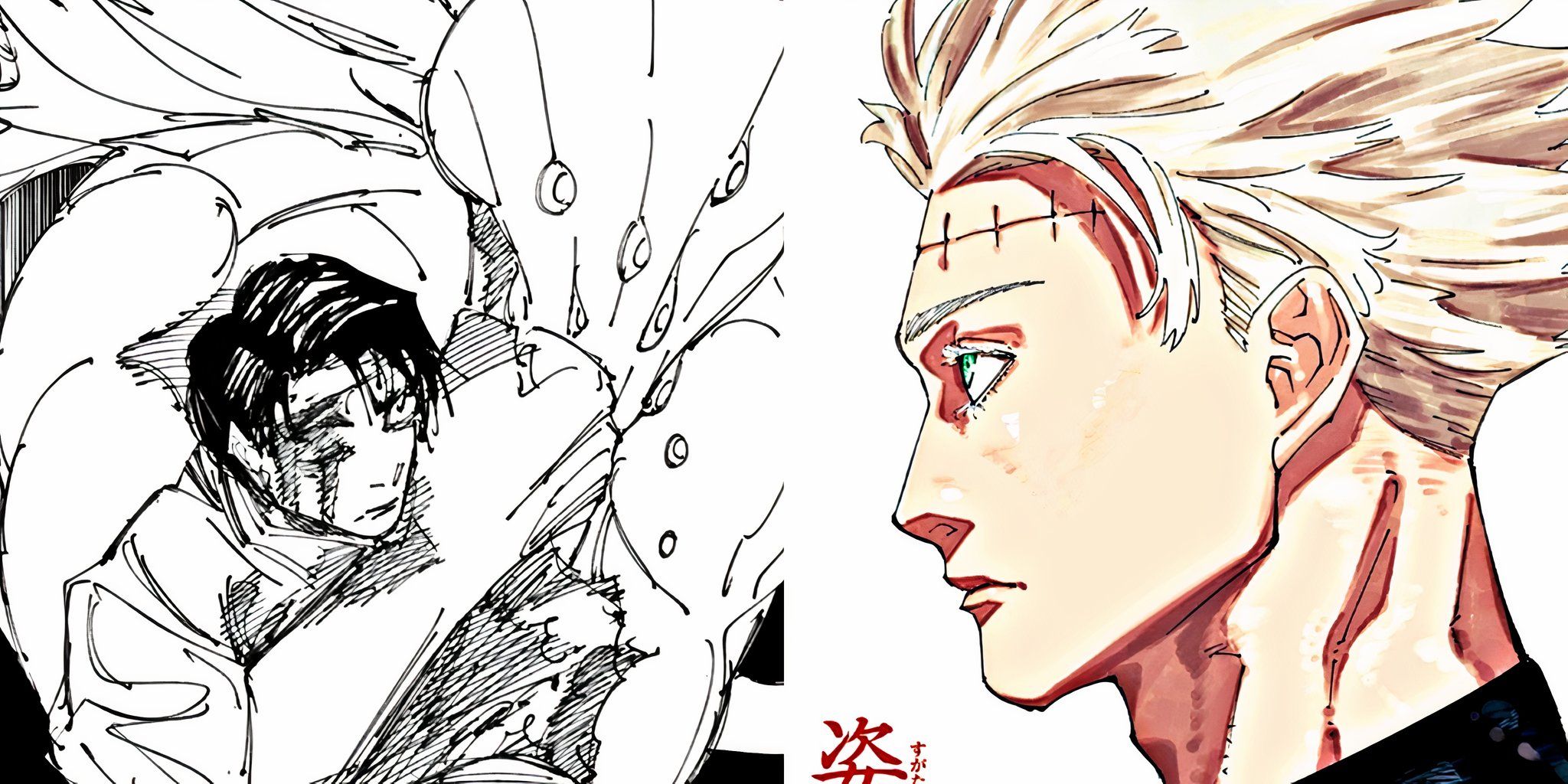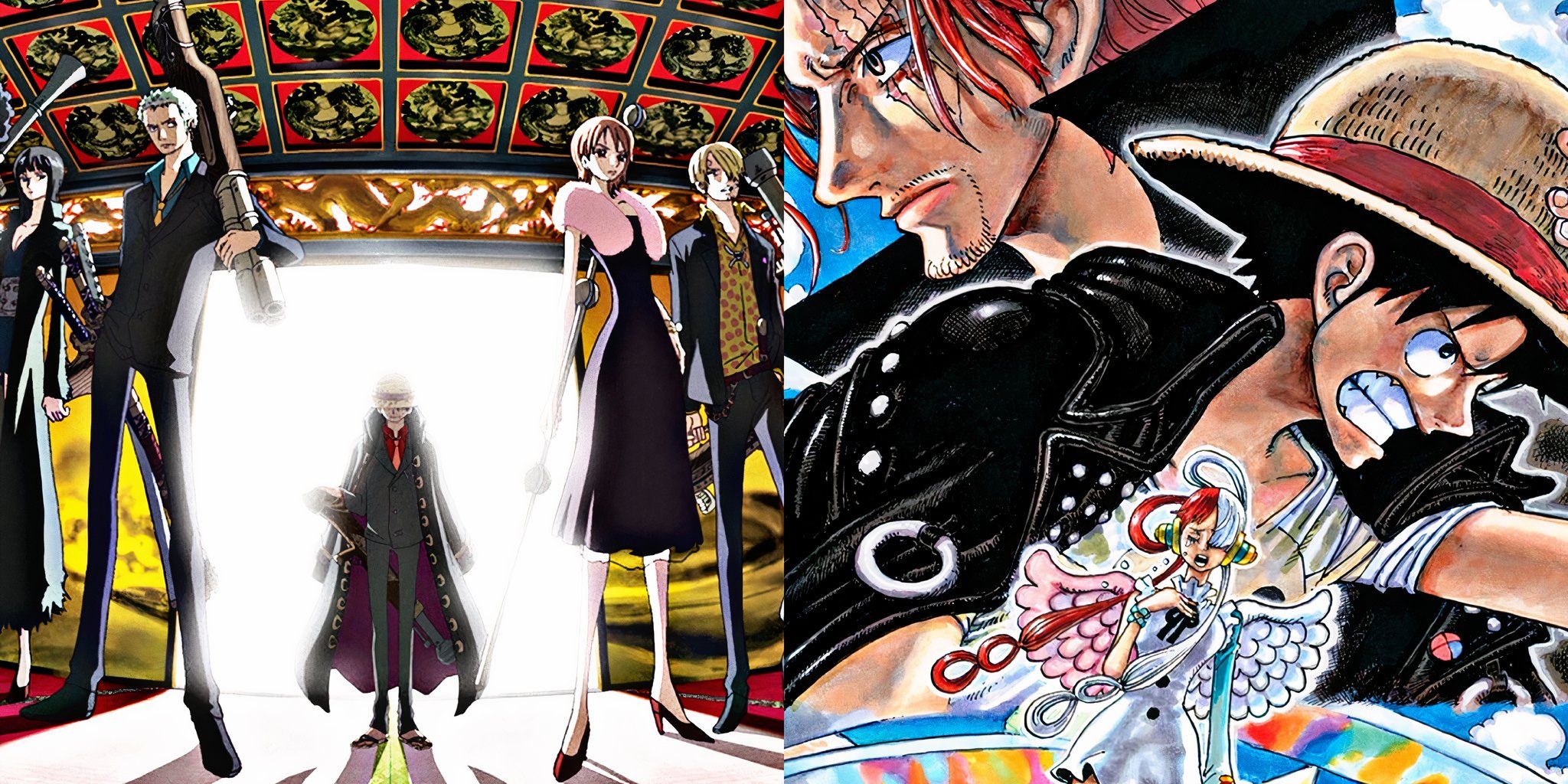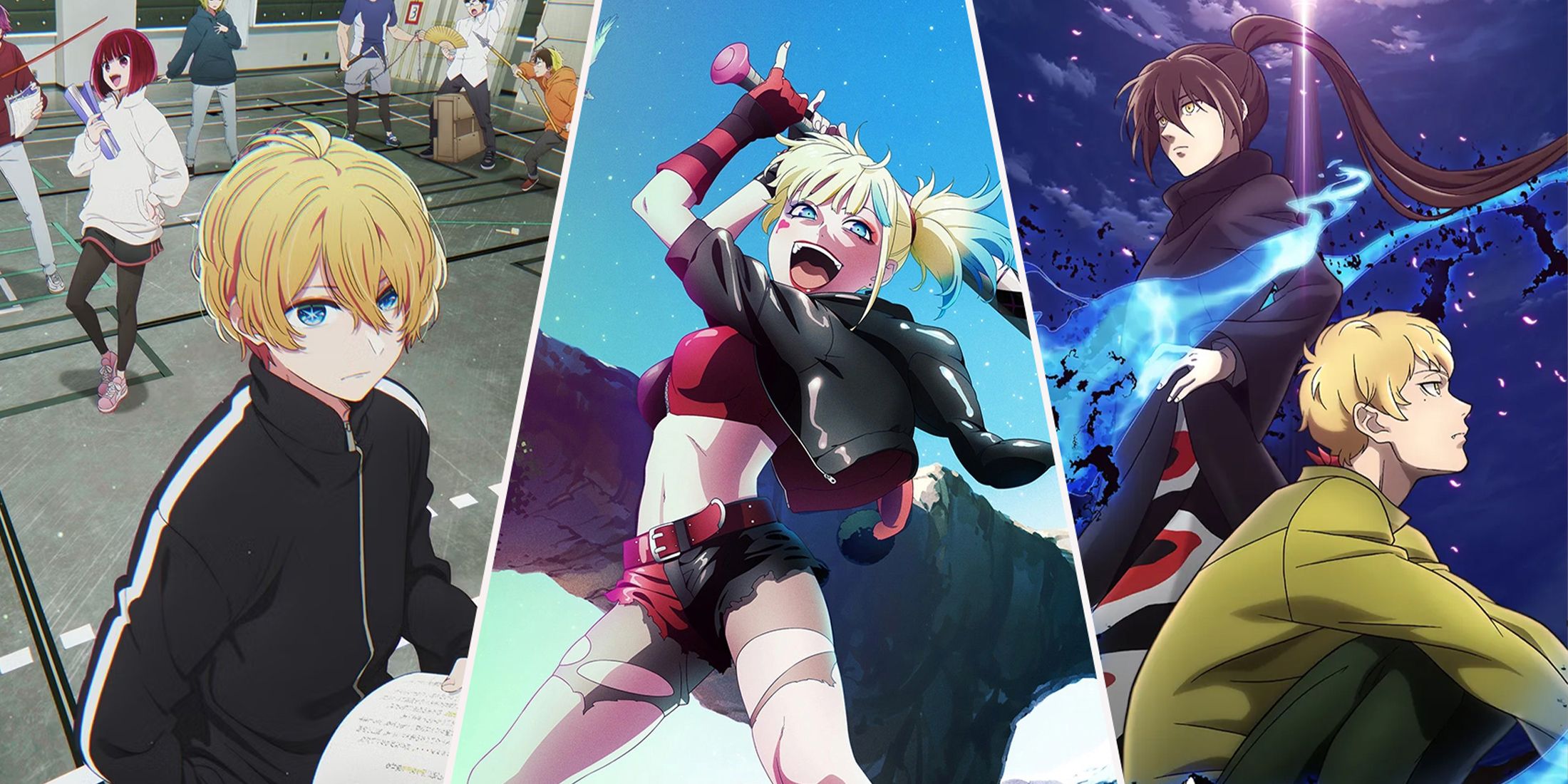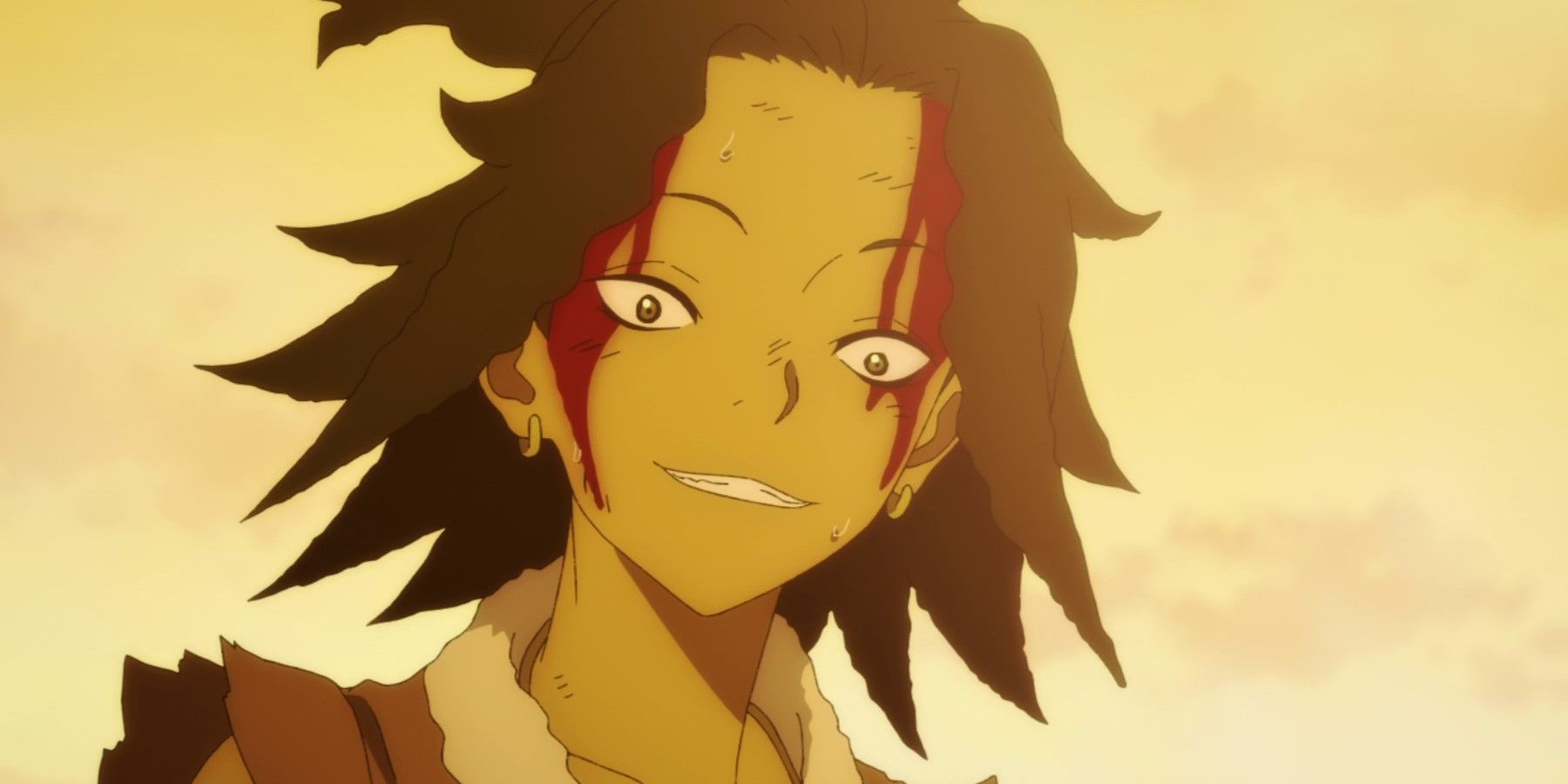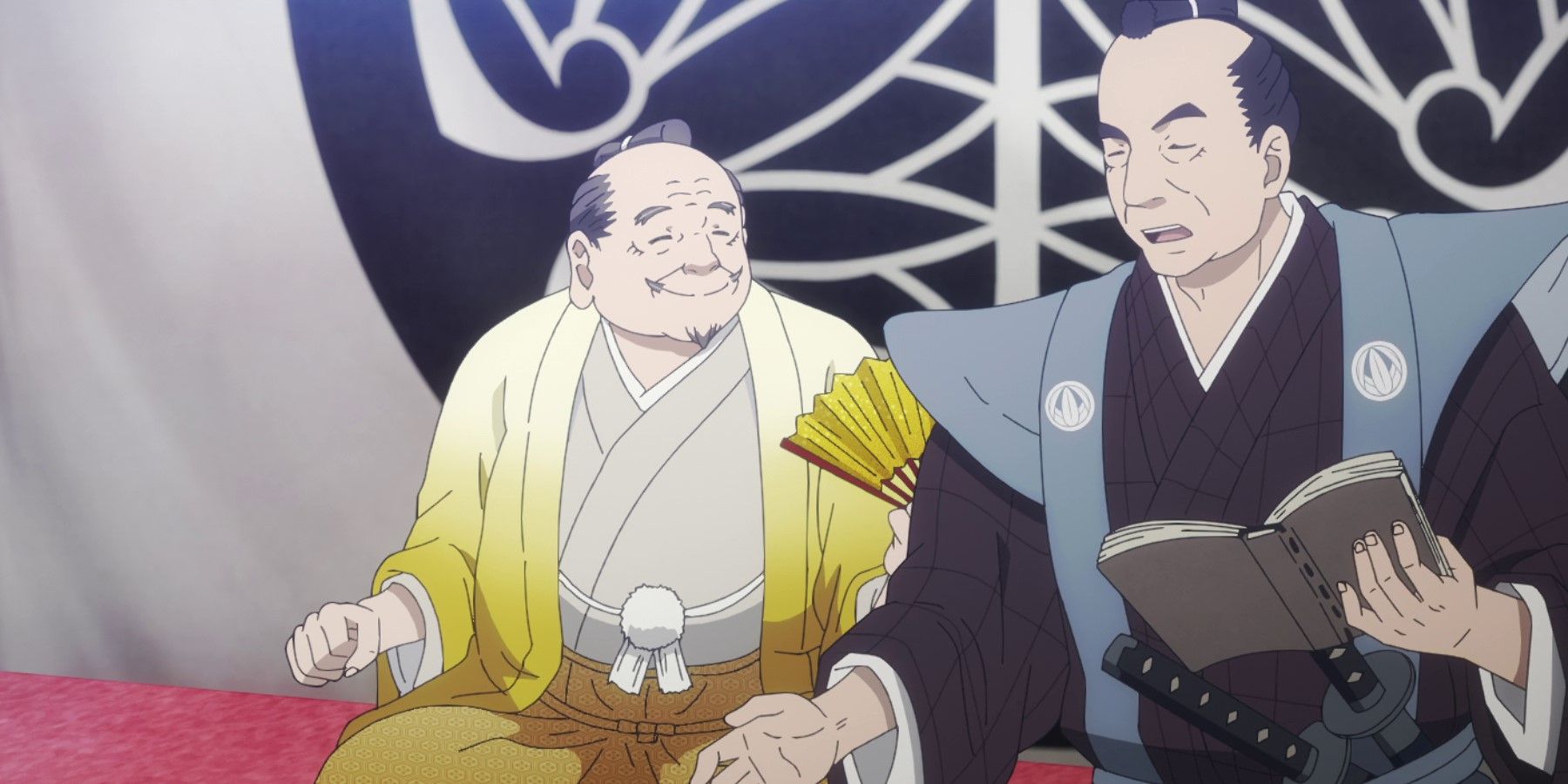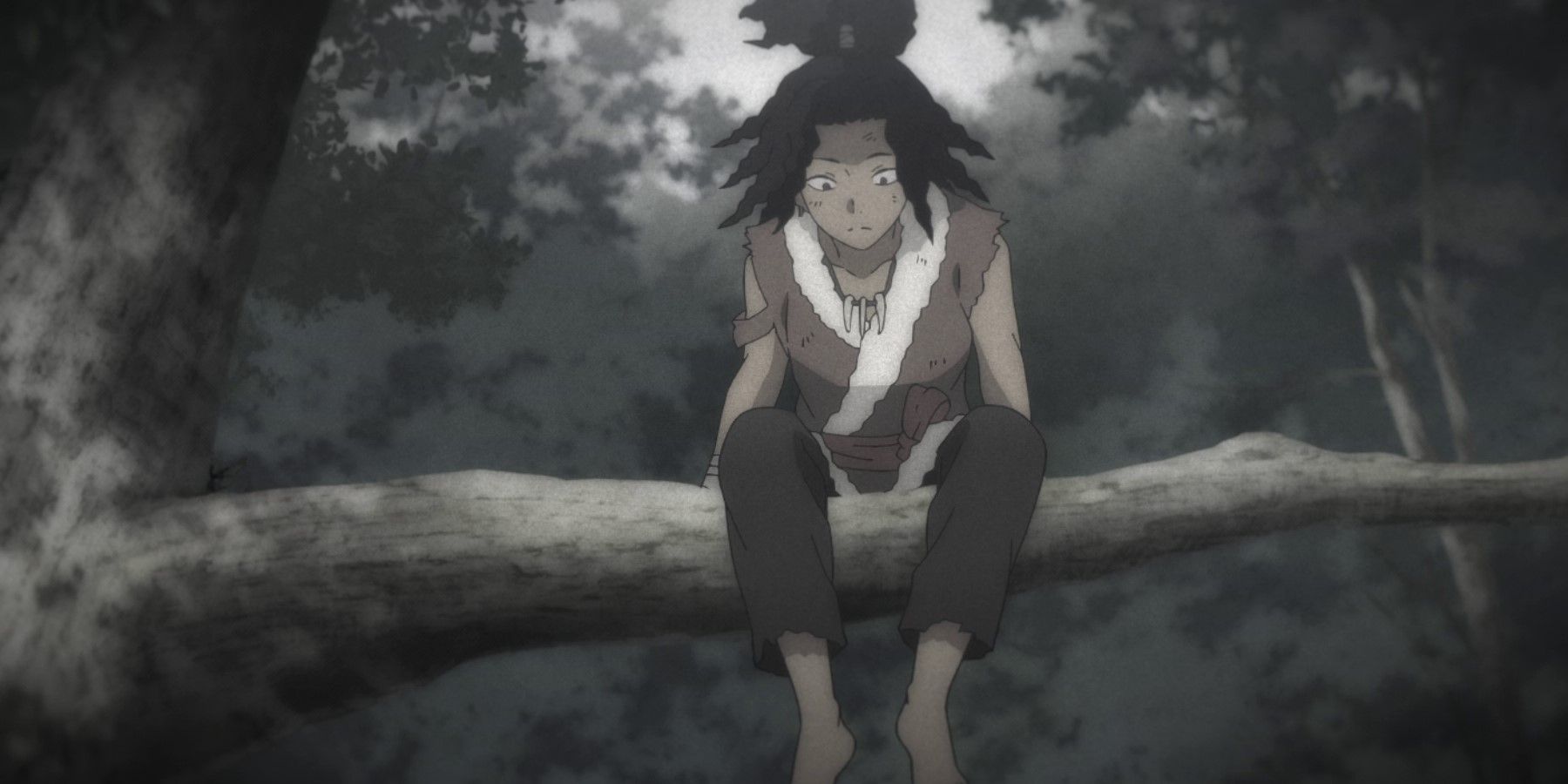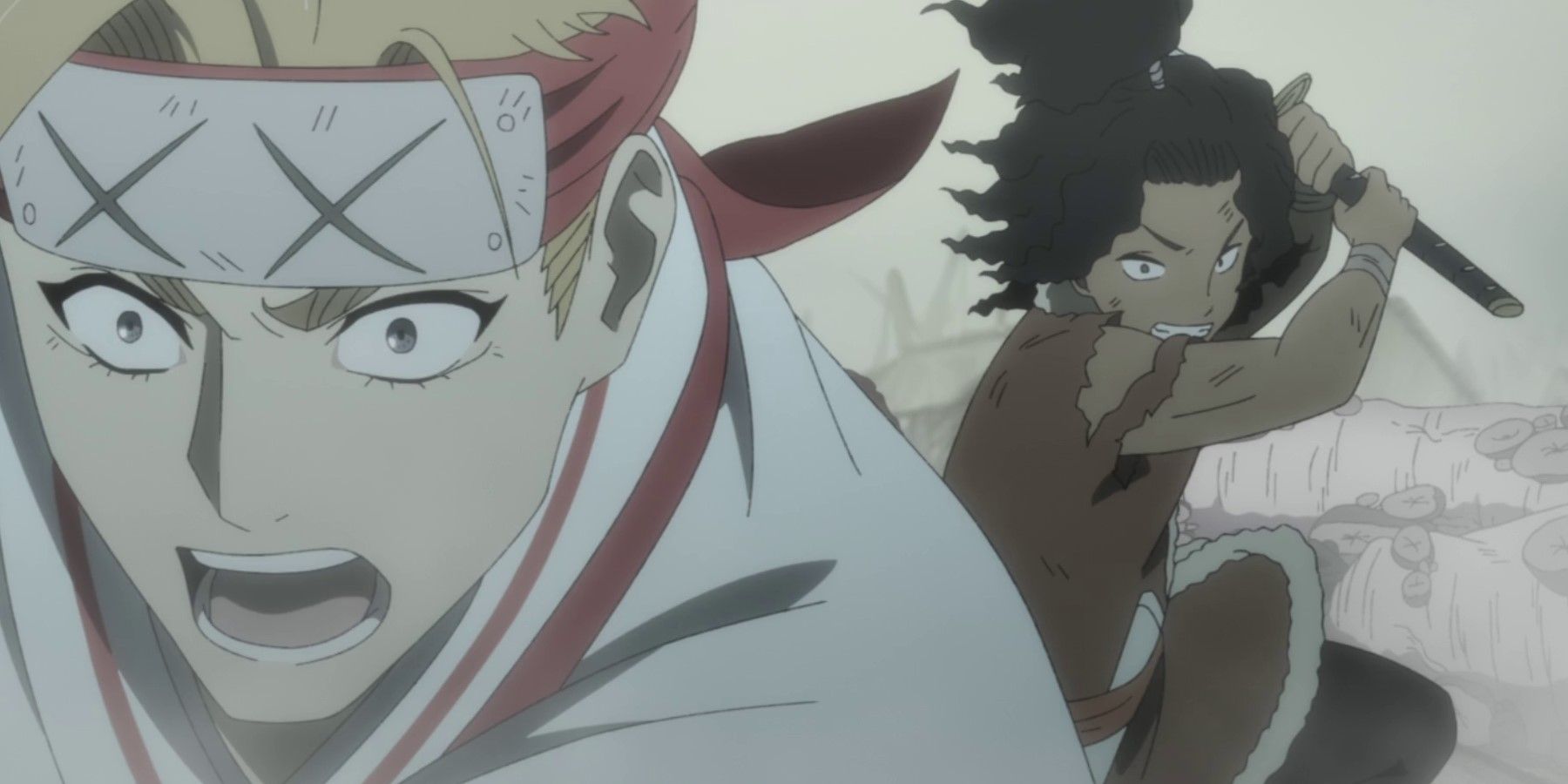Hell's Paradise: Jigokuraku is a narrative with an interesting cast of complex characters who introduce various themes to the story. Nurugai is the last surviving member of the Sanka people and member of the Vanguard Party that was sent to the island of Shinsenkyо̄ in order to retrieve the fabled Elixir of Life. Wrongly accused and placed on death row, Nurugai was pitied by the Yamada Asaemon assigned to be her executioner, Tenza, leading to her inclusion in the shо̄gunate's latest expedition to the island.
As a character, Nurugai introduces some interesting themes, such as race, genocide, survivor's guilt, the philosophical notion of desert (getting one's dues), and she also begins the series' exploration of characters who are representative of existences that are beyond the binary notion of gender. Episode 6 of Hell's Paradise: Jigokuraku saw the formal introduction of the character, so, what is Nurugai's thematic significance to the series?
Edo
Set in the Edo period of Japanese history, there is a great deal of historical context at play in the Hell's Paradise: Jigokuraku narrative, especially when it comes to Nurugai's backstory. The Edo period, otherwise known as the Tokugawa period, denotes the time from 1603 to 1867. This time is seen as the final phase of what is known as traditional Japan, and in this time, the country was moving towards a kind of stability after the tumultuous Warring States (Sengoku) period. The first shо̄gun in the very beginning of the Edo period, Ieyasu Tokugawa, enacted various policies and achieved hegemony across Japan. His successor, Iemitsu, followed this up with the establishment of a government characterized by various areas led by regional lords, or "daimyо̄". Hell's Paradise: Jigokuraku is set at some point in this period, with the current shо̄gun being Nariyoshi Tokugawa, the 11th such leader since the establishment of the shо̄gunate.
This period in Japanese history is known for strict laws and a frozen social order which ensured that people were unable to move between social classes, as well as isolationist policies that arose in the 1630s which would go on to see Japan close its borders to the outside world for over 250 years, with very limited trade. The reason for these isolationist policies was a fear of foreign influence and military intervention, which was a valid concern given the activities of Portuguese and Spanish missionaries across Asia. Due to the activities of European missionaries, Christianity was banned in the early Edo period due to the Shо̄gunate's recognition of missionary work as integral to Portuguese and Spanish colonial projects across Asia (not to mention other parts of the world). Tokugawa's project saw the establishment of the famous miliary government, as well as the implementation of various policies that established Edo (current-day Tokyo) as capital while also asserting the dominance of the shо̄gunate; demanding the submission of every daimyо̄.
Emishi Emissary
In Nurugai's backstory, it is revealed that she led a group of samurai to her village, not knowing the reason for their presence in the area. They used the word "Emishi" as a supposed demonym of some kind, but she didn't recognize the word. When Nurugai asks what it means, she is told that it refers to "one who does not obey; groups that do not conform to the current social order by not submitting to the shо̄gunate and instead live as unique cultures in the mountains". After slaughtering everyone in Nurugai's village and taking her prisoner, the samurai revealed further plans to massacre other groups in the region. The reason for their genocide mission was simply that it was the Tokugawa Clan leader's desire to have all groups that did not pledge their allegiance to the shо̄gunate eradicated.
The word "emishi" used by one samurai in reference to the Sanka people is written「蝦夷」, with kanji for "shrimp" and "barbarian" and historically refers to an ancient ethnic group native to the northern parts of the Honshū region who were first mentioned in 478CE, and are mentioned in the semi-mythological chronicle of Japanese history known as the Nihon Shо̄ki in attestations of various attempts by the Yamato Japanese to subjugate them. This early history of forced assimilation was seen as necessary because the Japanese believed that the Emishi needed to be civilized, and this attitude led to extensive imperial and colonial projects. It took place over various centuries, befalling various indigenous people including the Ainu, and resulted in the dissolution of the Ryukyu Kingdom, which was one of the largest traders of its time in the region among various other decimations.
Assimilate or Die
The term emishi did not refer to one specific group, and they were represented by different tribes with varying levels of allegiance or alignment to the Japanese people; however, in Hell's Paradise: Jigokuraku, the focus in Nurugai's story is specifically on those who opposed the government. Nurugai's story is one of deceit, genocide and the brutality of the shо̄gunate is important beyond the scope of the series due to history itself: with various real-life cultures, communities and people having been forced to assimilate or otherwise eliminated by an imperial, warring or militaristic Japanese government. Her significance to the narrative lies in her arc, which involves her grappling with the survivor's guilt she experiences for her part in the elimination of her people, as well as her developing relationship with Tenza, which revives Nurugai's desire to survive.
This desire is expressed in various ways as the narrative progresses; however, it is notable that such character development occurs due to the direct involvement of an adherent to the very system that killed everyone she loved and put her on death row, which lines up with the ultimate fate of many indigenous people across time who were either completely exterminated, or systemically erased through assimilation. As the last remaining member of the Sanka people, all of their knowledge, hopes, dreams and culture live and die with her; however, the awfulness of her situation is not at all diminished by the nugget of optimism she develops. At this point, Nurugai's character partly represents the historical and ongoing genocides that have taken place during most periods of political change or upheaval, and the destruction of indigenous peoples over the course of human history.

